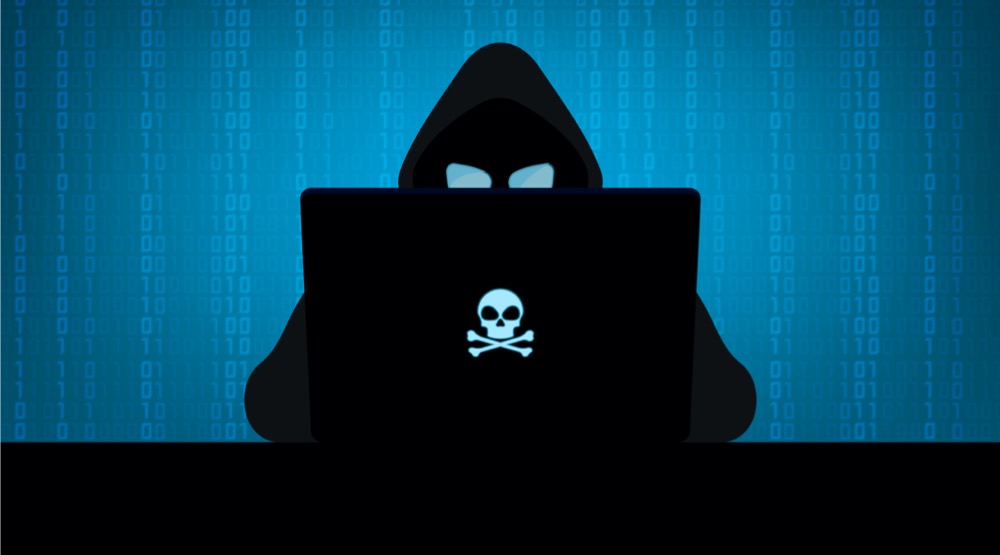Here are some ways to keep your finances and your and your staff’s private information safe.
Keep passwords confidential
Staff may not see sharing a password as a big deal, particularly if it’s simply to log onto a booking system or to process a customer’s payment. But, says cybercrime expert Jason Lucas, passwords should never be shared. “A massive number of security breaches tend to be traced back to poor password management,” says Jason. “The thing with passwords is that once they’re shared once, they tend to be shared again. And then it gets tricky to work out who has been doing what on your software.”
Also, says Jason, be weary of keeping a note of your username and password together, even if you think it’s in a safe place. “The number of people that keep their log-in details in their phone, or in the notes function of their phones or computers is staggering. You’d never write your PIN on your credit card. Your log-in details for work are no different.”
Beware of emailing sensitive information
Hackers love identifying details, so next time you need your staff to fill out their personal details, don’t request them to email it back to you. “Details such as full names, addresses, dates of birth or tax file numbers are all gold for hackers, and email is alarmingly easy to break into,” says Jason.” Rather, if you need your staff to provide this information electronically, request that they use a secure file transfer option, such as secure cloud storage.
Be weary of links
Even if they’re sent by someone you know, it wouldn’t be the first time a contact’s email has been hacked and sends out corrupted links. “Avoid clicking on any link that you can’t verify before doing so,” says Jason. “When clicked on, the link can launch malware that “hen attempts to hijack private information, credentials from users, and passwords and cookies stored in web browsers. Hackers can then exploit these acquisitions to make financial transactions.”
For more news and updates, subscribe to our weekly newsletter

